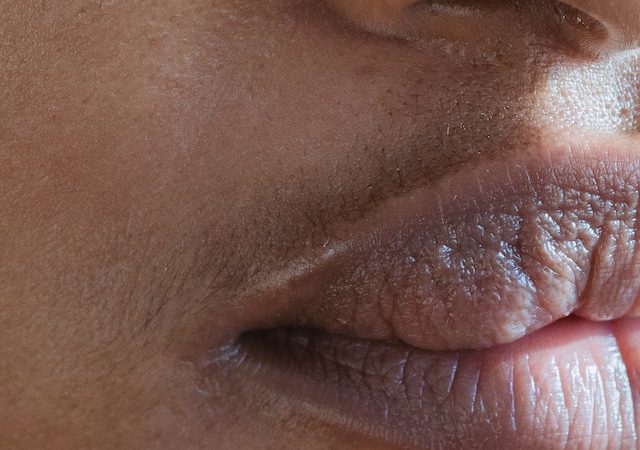Introduction: Blackheads are a common skincare concern that many individuals struggle with. While factors such as excess oil production, dead skin cell buildup, and hormonal changes play a significant role in the formation of blackheads, there are other culprits that may contribute to this pesky problem. In this article, we will delve into various factors,
Introduction:
Blackheads are a common skincare concern that many individuals struggle with. While factors such as excess oil production, dead skin cell buildup, and hormonal changes play a significant role in the formation of blackheads, there are other culprits that may contribute to this pesky problem. In this article, we will delve into various factors, including diet and skincare habits, that can contribute to stubborn blackheads. By understanding these culprits, you can make informed choices to combat blackheads and achieve clearer, healthier skin.
1. Diet and Blackheads:
It’s important to recognize that diet can have an impact on the condition of your skin, including the occurrence of blackheads. Certain foods may trigger inflammation and increase oil production, potentially leading to clogged pores and blackhead formation.
a. High Glycemic Foods: Consuming foods with a high glycemic index, such as sugary snacks, processed carbohydrates, and sugary beverages, can cause a spike in blood sugar levels. This, in turn, triggers an increase in insulin production, leading to inflammation and excess sebum production, which can contribute to blackheads.
b. Dairy Products: Some studies suggest a potential link between dairy consumption and acne, including blackheads. Dairy products contain hormones and growth factors that may influence oil production and inflammation in the skin. Consider reducing your intake of dairy or opting for non-dairy alternatives to see if it makes a difference in your blackhead-prone skin.
c. Greasy and Fried Foods: While there is limited scientific evidence linking greasy and fried foods directly to blackheads, these types of foods can increase overall inflammation in the body. Inflammation can potentially exacerbate acne and blackhead formation. Opt for a balanced diet rich in fruits, vegetables, whole grains, and lean proteins.
2. Skincare Habits and Blackheads:
Your skincare routine and habits can also contribute to the persistence of blackheads. Pay attention to the following factors to ensure you are not unknowingly exacerbating the problem:
a. Inadequate Cleansing: Improper cleansing can leave behind residue, including excess oil, makeup, and pollutants, which can clog the pores and lead to blackheads. Make sure to cleanse your face thoroughly but gently, using a cleanser suitable for your skin type, both in the morning and evening.
b. Over-Exfoliation: While exfoliation is important to remove dead skin cells and unclog pores, overdoing it can strip the skin’s natural oils and disrupt its balance. This can trigger an increase in oil production, potentially leading to blackheads. Opt for gentle exfoliation methods and limit it to 2-3 times a week.
c. Using Comedogenic Products: Some skincare and makeup products contain ingredients that are known to be comedogenic, meaning they have a higher chance of clogging pores. Check product labels and opt for non-comedogenic or oil-free formulations to minimize the risk of blackheads.
d. Not Moisturizing Properly: It’s a common misconception that individuals with oily or acne-prone skin should skip moisturizing. However, failing to moisturize can lead to dehydration and the skin’s subsequent production of excess oil. Choose a lightweight, non-comedogenic moisturizer suitable for your skin type to maintain proper hydration.
Conclusion:
While factors like excess oil production and dead skin cell buildup are well-known causes of blackheads, other factors such as diet and skincare habits can also contribute to stubborn blackheads. By being mindful of your diet choices, avoiding known triggers like high glycemic foods and dairy, and maintaining a proper skincare routine that includes gentle cleansing, appropriate exfoliation, and the use of non-comedogenic
products, you can help minimize blackhead formation. Remember, everyone’s skin is unique, so it’s important to experiment and find what works best for you. Consult with a dermatologist for personalized advice and recommendations to effectively tackle your stubborn blackheads and achieve clearer, healthier-looking skin.

















Leave a Comment
Your email address will not be published. Required fields are marked with *